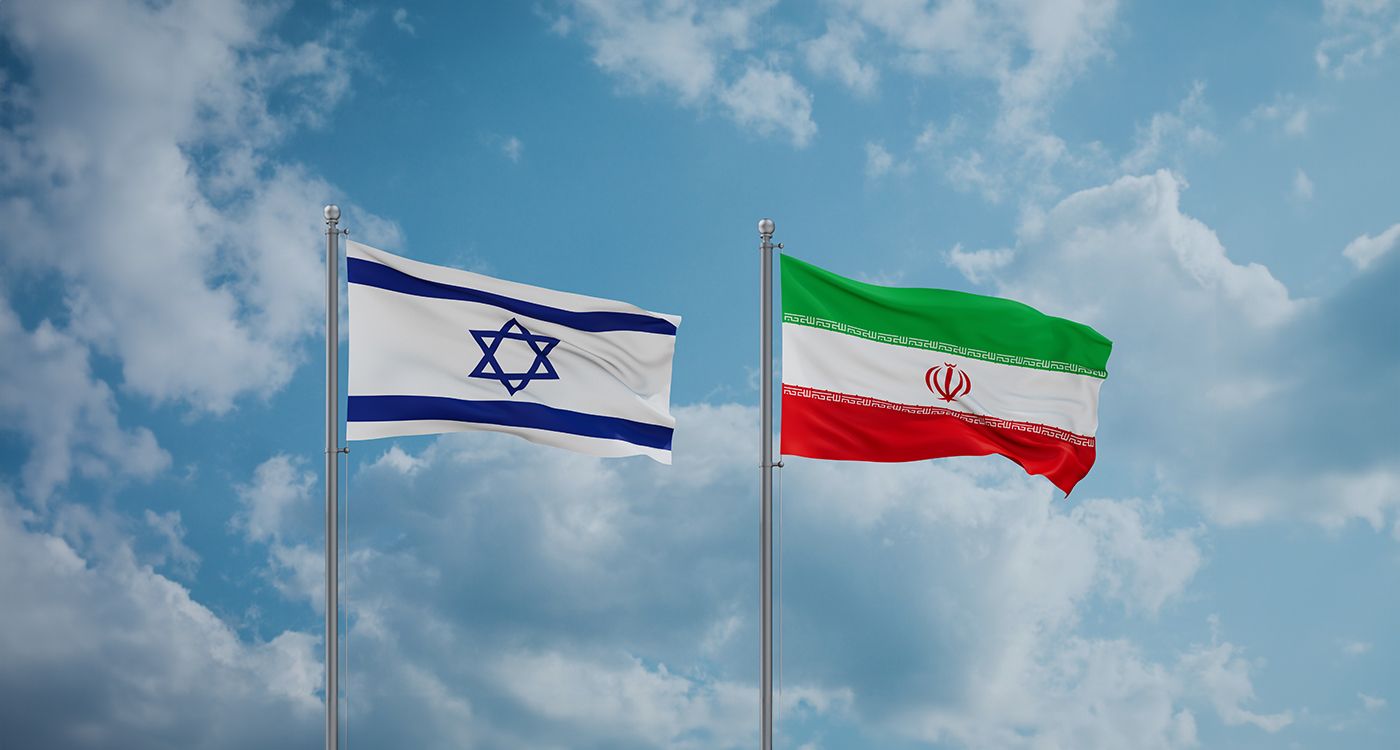- Home
- War in the Middle East
- The War at All Costs

The challenge with journalistic analysis is that it relies on publicly available data interpreted by authors who often lack access to the high-level decisions made by the warring parties. While this is entirely understandable—otherwise, we would be issuing press releases instead of providing analysis—it can be quite frustrating. Following the elimination of Yahya Sinwar in Gaza, many believed that the time had finally come for negotiations.
Things seemed clear. Following the death of the mastermind behind the October 7 attack, Israeli public opinion was poised to pressure the government into negotiating a ceasefire and securing the release of hostages. Western leaders, who unanimously praised this action and asserted that the time had come to end the war, aligned with journalists. Yet, this analysis is too simplistic. It appears that the Israeli Prime Minister has no intention of halting operations while achieving victories on multiple fronts—a predictable response, one might argue.
Hezbollah heightened tensions by sending a drone to strike near Benjamin Netanyahu's residence. The message was clear: forget Sinwar and prepare for a new cycle of violence. In response, southern Beirut was bombed, and dozens of rockets were launched back at Israel, leading to further death and destruction.
In a significant turn of events, Iran now stands accused of plotting to assassinate Netanyahu and his family, escalating the threat of imminent retaliation. Sooner or later, Iran—crafty as it may be—will have to step out of the shadows and embrace its role as the mastermind behind conflicts that never seem to reach its borders. Lebanon, stripped of its sovereignty, will likely bear the brunt of the backlash. Meanwhile, its MPs will meet on Tuesday, as if in a calm Norway, to elect committee members. A president? Why the rush?
The situation is a mess, with everyone improvising as they go.
Meanwhile, Lebanon's government made a bold move. The Prime Minister firmly dismissed Iran’s Parliament Speaker, Ghalibaf, who was making lofty claims about diplomatic discussions involving Lebanon while the country itself was sidelined. Mikati delivered a sharp rebuke, telling Ghalibaf to focus on his own “resistance,” which has been largely invisible over the past year.
On Saturday, the G7 called on Iran to cease its support for Hamas and Hezbollah. The US Secretary of State is set to return to the region on Tuesday. Even Tom Cruise would think twice before tackling such an impossible mission.
Once again, diplomacy lags behind reality. The Americans call for Beirut to be spared, but the results speak for themselves.
And in a surprising development, Donald Trump has laid out his vision for a “new Near East” if re-elected. He speaks of peace and prosperity in the region, envisioning a future of stability and growth for Lebanon—an outcome he presumably has the means to achieve.
However, the road ahead is likely to be long—exceedingly long, in fact. Poor Lebanon.


Comments